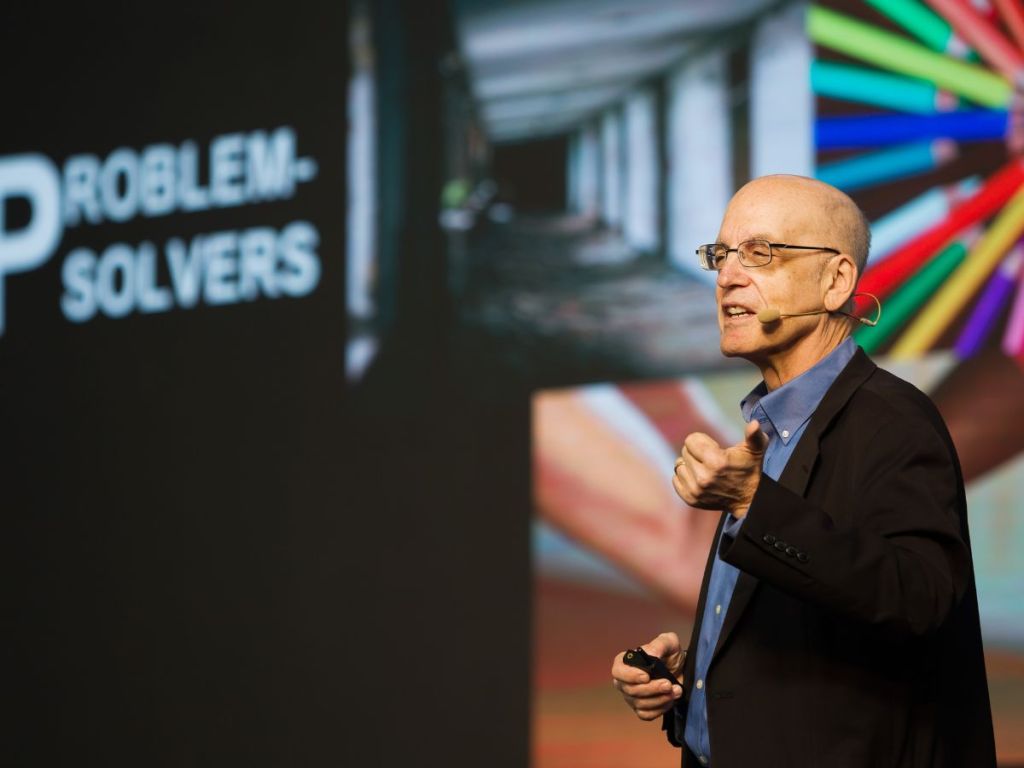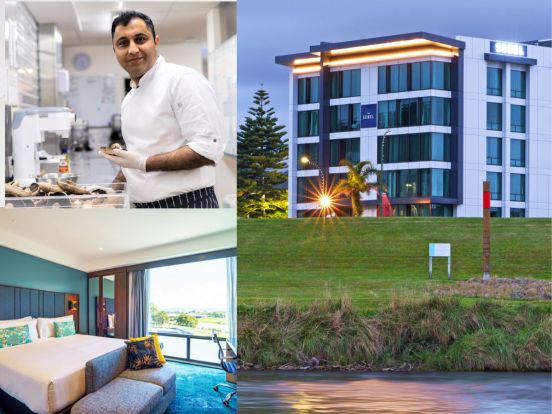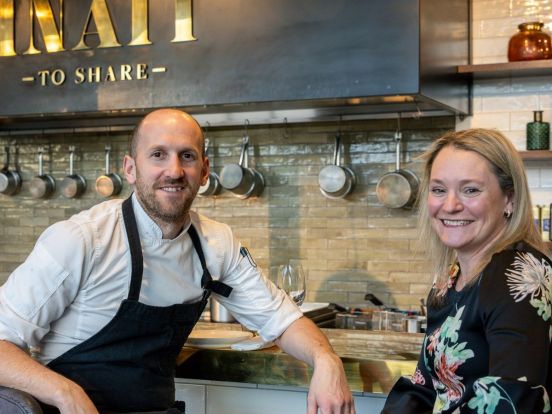The use of technology that allows customers to change the environment to suit their mood is important for reimagining the future of hospitality, tourism and events.
This is one of the insights from prominent American futurist Gary A Bolles who spoke recently at the Auckland University of Technology, says Senior Lecturer Lindsay Neil, who co-organised the event.
“Gary told us that dramatic change in our industry has promoted new technologies which enable business owners to generate the best vibe for their customers. Virtual and augmented realities need to be embraced,” Dr Neill says.
Examples include virtual travel experiences and hotel tours, booking rooms with a VR headset, using AR to train staff remotely and even allowing guests to redecorate their rooms virtually.
“He also said that talk about the possibility of a recession and the current tight labour market were helping to prompt change throughout the travel and experiences industries.”
“There is a cycle whereby industries – including hospitality, tourism and events – experience a seismic falling off, followed by a sputtering evening off of on-again off-again business activity, and then finally a building back better opportunity where organisations can envision new ways to meet the needs of customers and workers.”
Dr Neill says it was an honour for AUT’s School of Hospitality and Tourism to host Bolles, who is the adjunct Chair for the Future of Work for Singularity Group where he helps people understand the impact and opportunities of exponential change.
Bolles’ latest book The Next Rules of Work is a guide to work in a post-pandemic world.
At AUT, the futurist suggested a variety of strategies that businesses can use to reimagine their labour force in order to build back better with a stable workforce, Dr Neill says.
“These included job or work sharing, split shifts, infecting workers with a love and passion for what they do, apprenticeships, mentorships, just in time training, the notion of a ‘tour of duty’ where staff move between departments and organisations, as well as getting workers involved in creating their work experiences,” Dr Neill says.
“Additionally, Bolles recommended engaging older workers who have retired, by maximising their skill sets and offering flexible work hours and job sharing.
“After COVID, recession, and labour force issues, Bolles believes that a return to the old ways of working and thinking about work, are over. For Bolles, hospitality, tourism, and events are well positioned as experiential industries to embrace change and lead the way for other, more traditional industries.”








